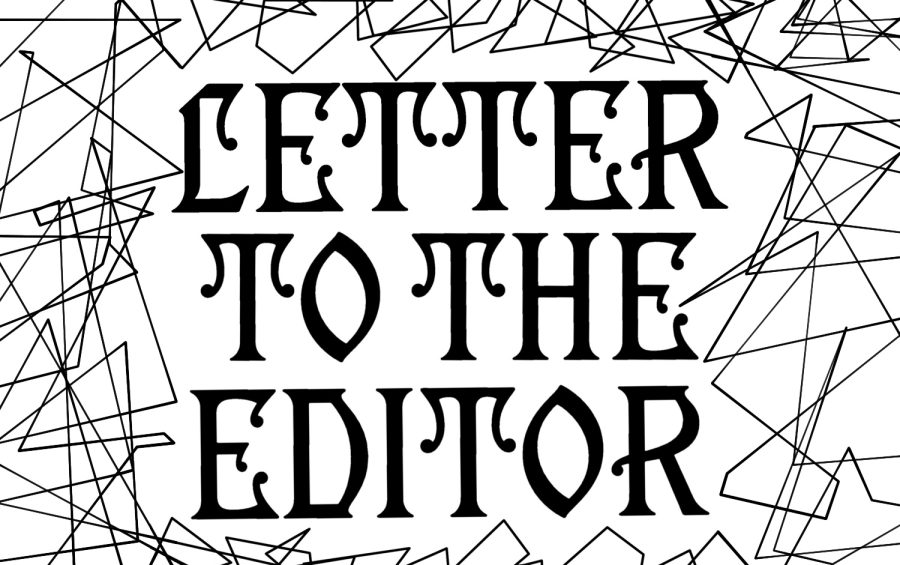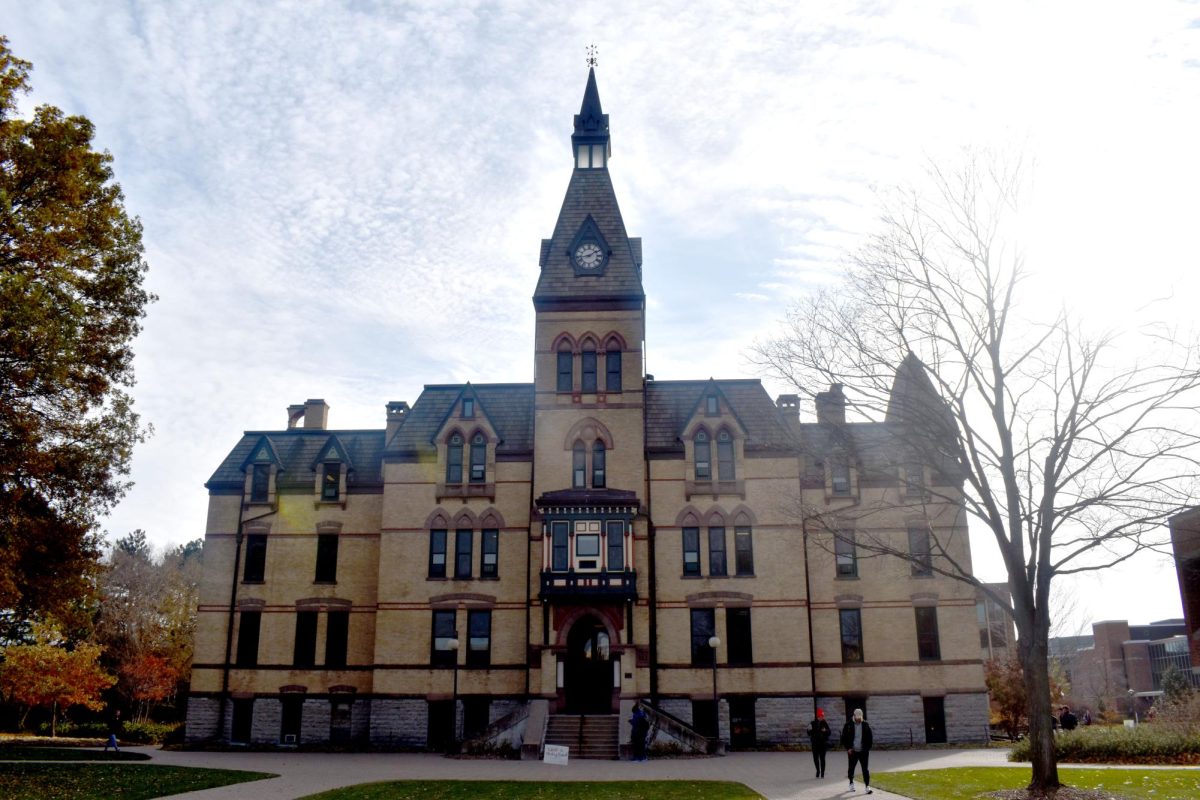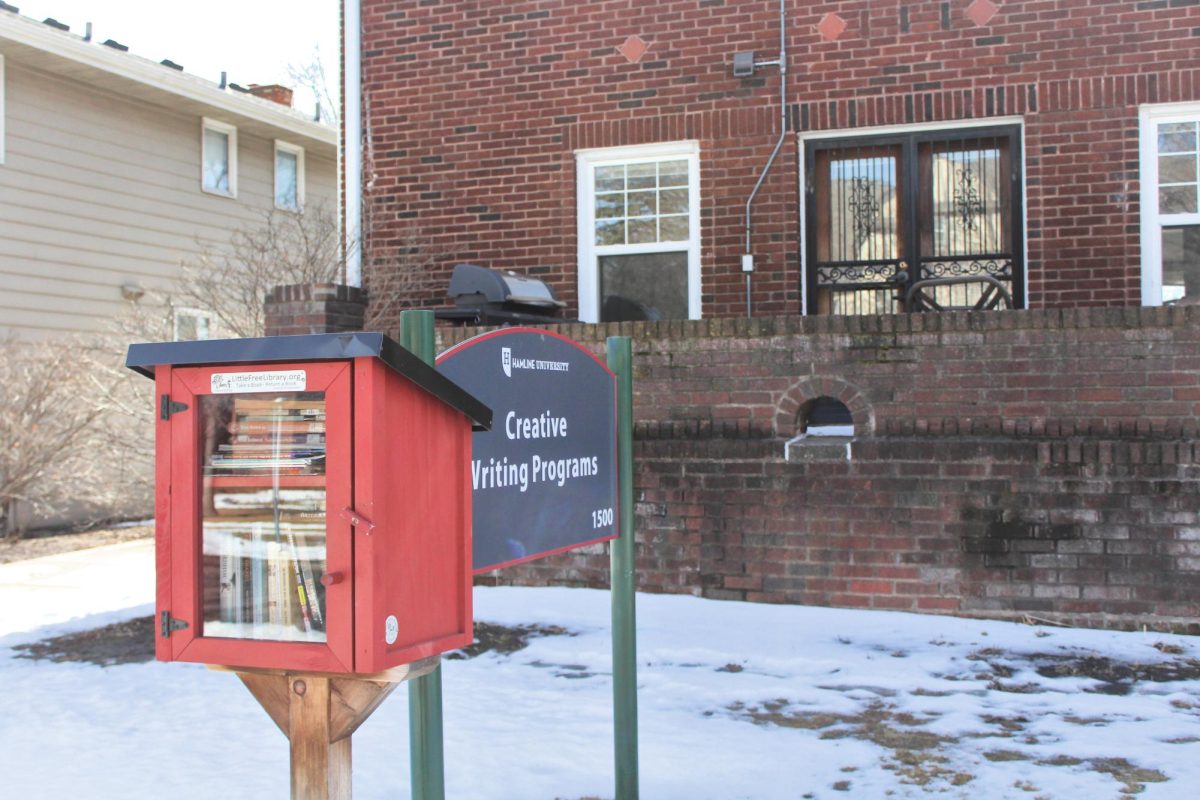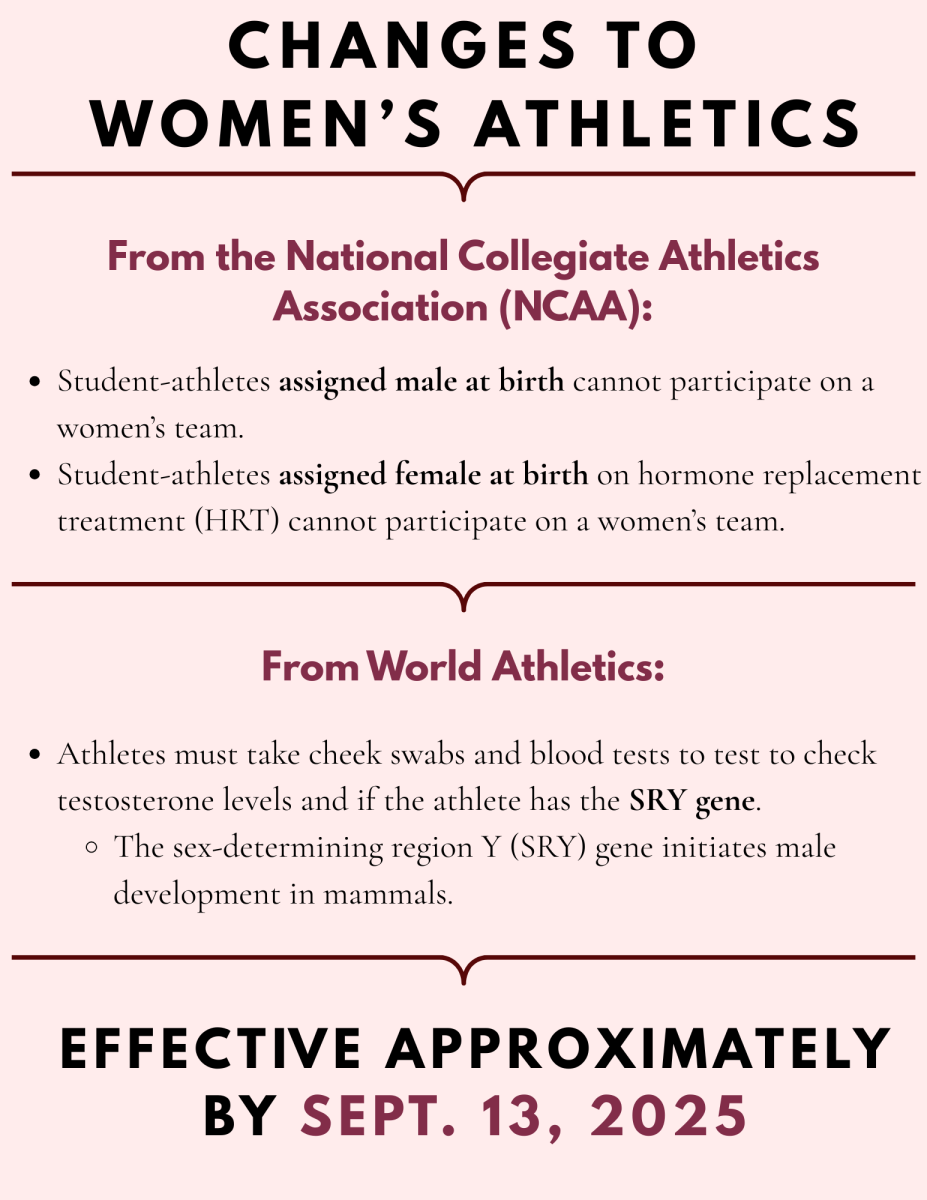New faces are nothing new in the world of universities. New students, faculty, and visitors are all common occurrences during the fall semester. However, Hamline has introduced a new face into a pivotal position on campus: a new Director for the Center for Gender + Sexualities.
Knox College graduate Eli Scriver is the newest Coordinator for Hamline’s Center for Gender + Sexuality, previously known as the Women’s Resource Center and Sexualities and Gender Diversity Programs. This is not Scriver’s first rodeo with adult education, having previously worked at the
University of South Carolina in Colombia as their Sexual Health Program Coordinator for two years.
“I was doing work with college students, obviously, and I really liked teaching adults. There is a lot more freedom in teaching adults, especially when you’re dealing with topics with sex, sexuality, gender and equity. There are obviously important conversations to have with kids, but it was more fulfilling to me generally to work with adults.” Scriver said.
Similarly to most out-of-state college students, Scriver and his spouse felt the difficulty of being more than 12 hours away from all of their relatives, along with the trouble that comes with high visibility work in more conservative areas. For Scriver, it seemed to make sense to come back to where they were raised, especially where an opportunity for them to do the work they love and do it well came into fruition.
“We were already looking for opportunities to be back in the cities to be near family, and then the opportunity with Hamline just came at the right time. I grew up here, I went to a liberal arts institution. I’m really passionate about the private liberal arts experience, and so Hamline felt like a good fit.” Scriver said.
Scriver is already making noticeable changes within the program, including working with Twin Cities community partners to shift the funding of the center’s menstrual and sexual health supplies away from Hamline Undergraduate Student Congress (HUSC) funding, which is partially student funded. He, along with the student workers employed by the CG+S have also been making grand strides towards making their resources more accessible to all students.
For student worker Elisa Lopez, there is one major change happening at the center, thanks to the open-mindedness of Scriver and his dedication to making the resources more accessible, and that is the removal of barriers to gain access to the center’s free emergency contraception.
“Previously, it was this really long form that you had to fill out. Pages of different questions, personal information, and all of it was just unnecessarily tracking students. I didn’t appreciate it, and then our last supervisor was like no, it is good to have this information.” Lopez said, “But it created a lot of barriers of access for students as they felt too intimidated to fill out the form, or they felt nervous that they were going to be tracked or contacted.”
The CG+S does not contact students unless they have requested them to, the possibility of unwanted contact still made students apprehensive to use this resource. Now, the form has only five questions and has allowed more students to utilize it.
Another addition that has made these resources more accessible, is that the CG+S is now open during the same hours that the Anderson Center is open, meaning students can obtain supplies late into the evening and early in the morning when previously they were only able to enter the Center during the designated office hours.
One thing that Scriver is looking forward to with his time at Hamline is the evaluation and data-tracking aspect of his job. It allows him to figure out how the program is and is not working and allows him more chances to improve the center’s work for Pipers.
“It is finding new ways to evaluate our programs that actually work. That’s something that not every institution is open to, and I think Hamline is, and I really think it will help us become more efficient and effective in doing good work.” Scriver said.
Scriver is not only working on the more technical side of tracking the program improvement but has also been talking to Pipers to see what they want out of the center and what assistance they can benefit from. Hamline is unique when it comes to the needs and wants of its students, as compared to most universities, Pipers tend to come in more confident and comfortable with their identities and need a different approach and style of resource.
“Finding more advanced ways to engage, and asking, what is that they need? If it’s not community, if it’s not an event, and if it’s not programming, what is it? Is it bringing lawyers to campus to do legal name change workshops, I can do that. Is it finding free gender-affirming care resources to give students, I can do that. Is it connecting with alumni and creating a queer elder network, I can do that. I just have to know what students are looking for, and I think we have the opportunity at Hamline to do some really interesting and innovative things when it comes to engagement in the LGBTQ community.” Scriver said.
New CG+S Coordinator makes grand strides in resource accessibility
Aiden Lewald, Editor-in-Chief
September 16, 2024
Categories:
Story continues below advertisement
0
More to Discover













